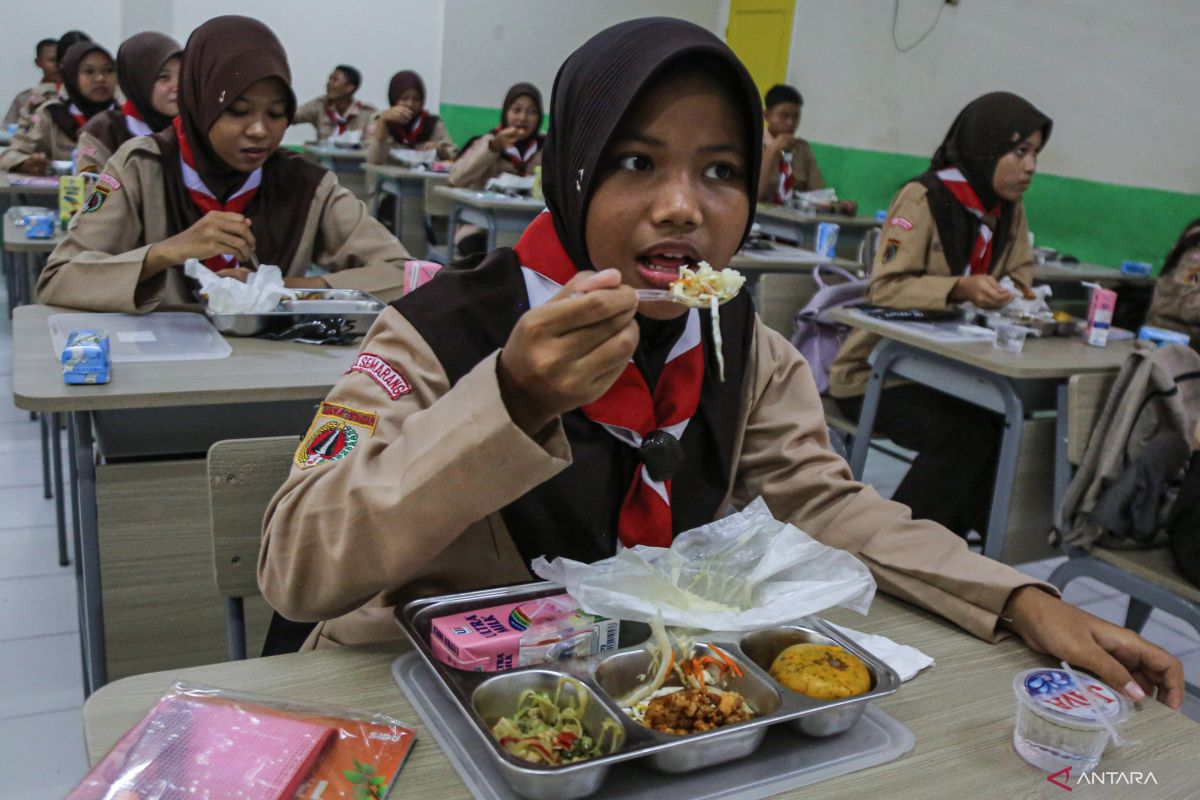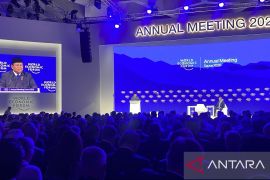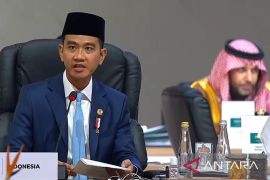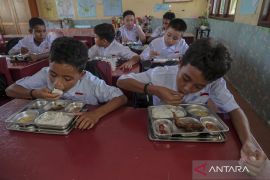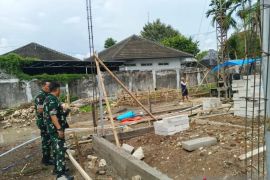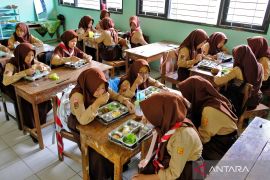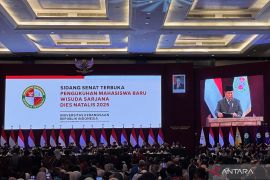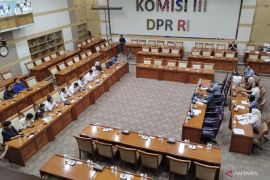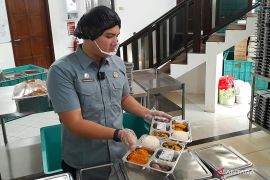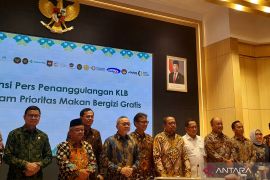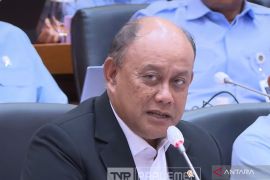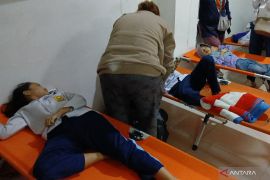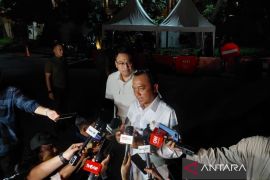"Indonesia is predicted to experience a demographic bonus in 2045, but based on the data, the average number of children born are from poor families, (with) the average length of schooling also only (being) up to junior high school (level)," he remarked in Jakarta on Monday.
"Hence, if Indonesia does not prepare for the free meals program, it will result in a demographic disaster," Hindayana remarked.
The agency head emphasized that the free nutritious meals program is not just about providing food to people but is an effort by the government to continue to prepare a balanced nutritious menu as an investment in human resources in the future.
"This is a massive investment by the Indonesian government in human resources. That is why we provide (nutritious) food to pregnant women, breastfeeding mothers, toddlers up to high school students," he explained.
According to Hindayana, nutritional intervention is vital during two crucial developmental phases, with the first encompassing the initial 1,000 days of life, spanning from prenatal development through age two, while the second critical window occurs during the formative years between ages 8 and 17.
"When the child is still in the womb until the age of five, it is very important for intelligence and brain development so that stunting can be addressed," Dadan emphasized.
Meanwhile, in the age bracket of 8 to 17 years, he noted that intervention through the provision of balanced nutritious food has a major influence on children's intelligence.
In addition, he affirmed that the free meals program can strengthen the food system and make it more resilient in the future.
"The total target that we will pursue is 82.9 million beneficiaries, with investment funds requiring Rp400 billion per year, so the one that benefits from the investment is the agriculture sector because we need raw materials where 95 percent of the products are from farmers," Hindayana explained.
He further elaborated that each province will also have a National Nutrition Agency service unit in place, with a budget of around Rp8 billion to Rp11 billion, based on the village's fiscal capacity and the level of expenses to meet the program's material needs in each province in the country.
Related news: President Prabowo, British Deputy PM Rayner discuss child nutrition
Related news: RI can learn from GAAHP on providing free meals: Hartarto
Translator: Lintang Budiyanti Prameswari, Yashinta Difa
Editor: Aditya Eko Sigit Wicaksono
Copyright © ANTARA 2024
